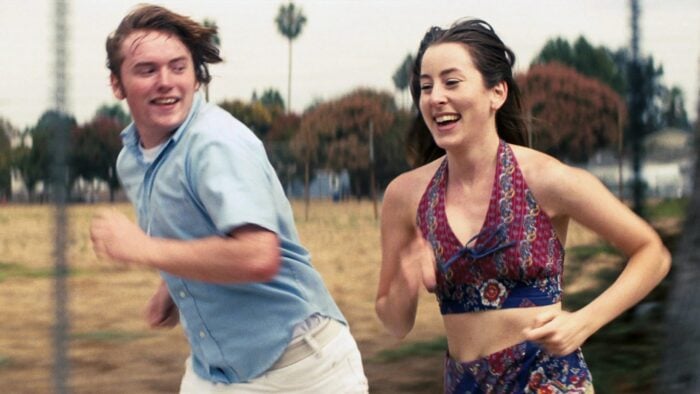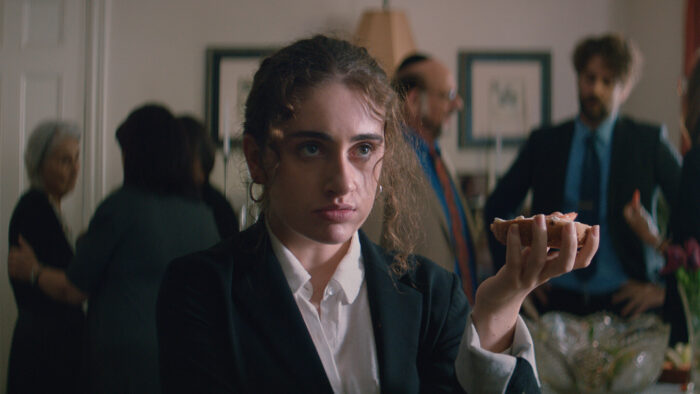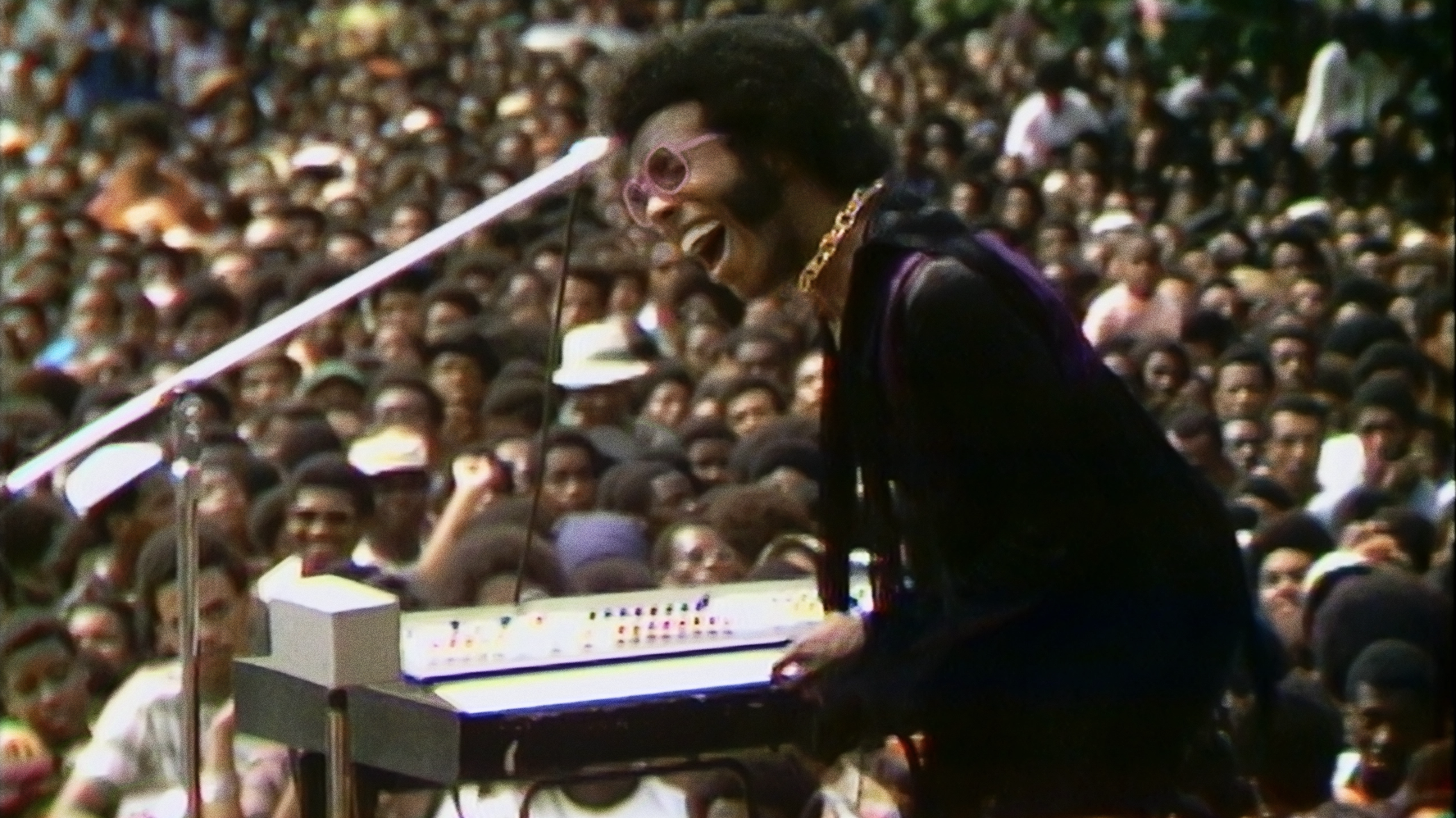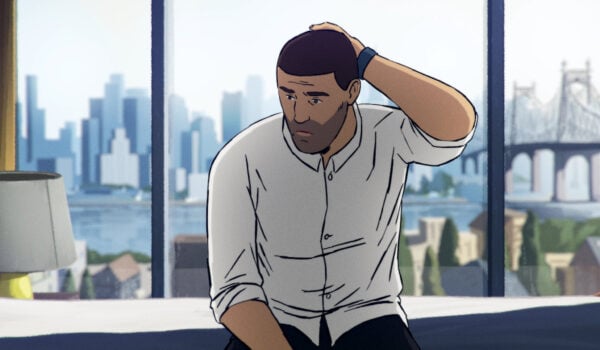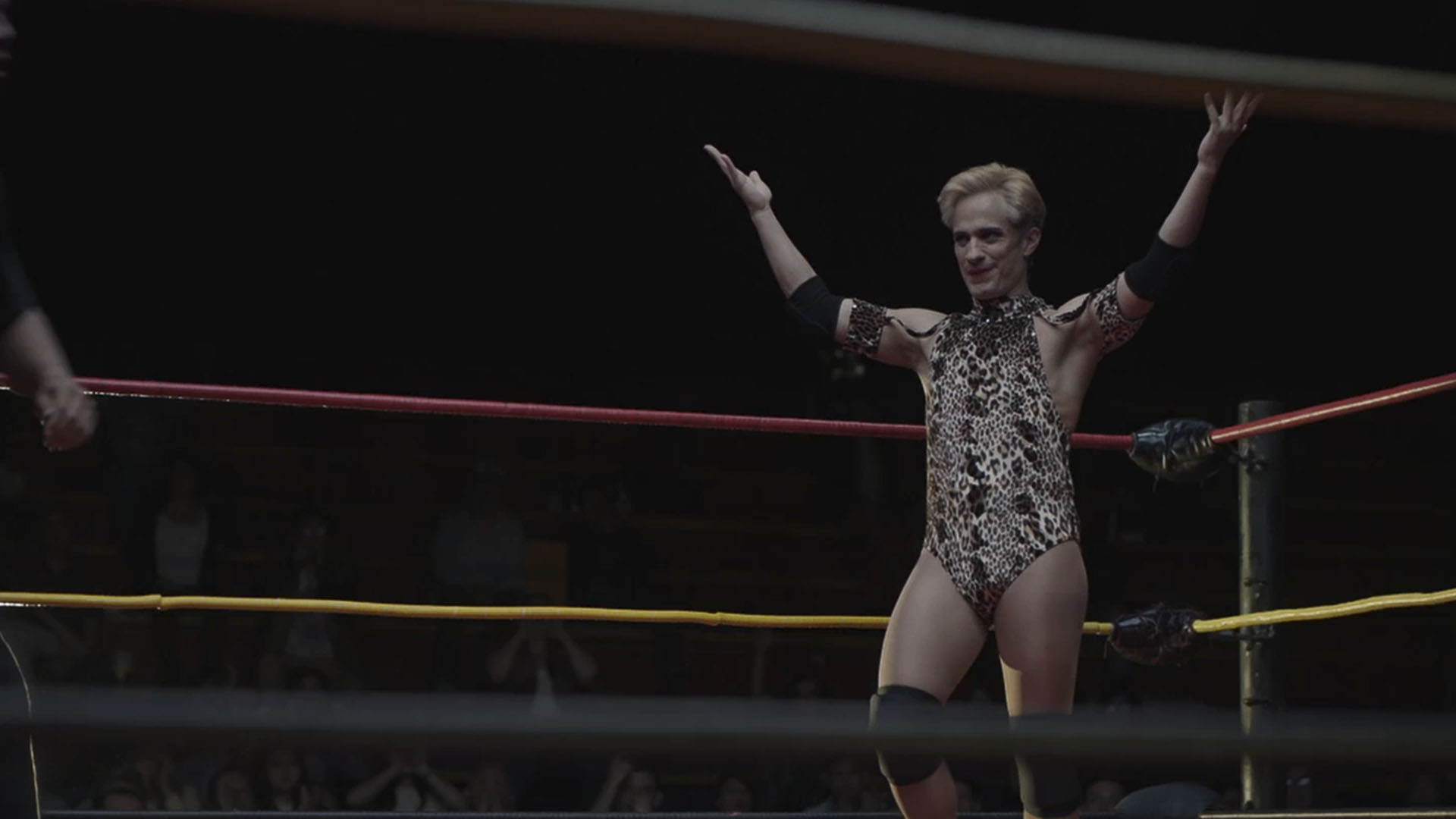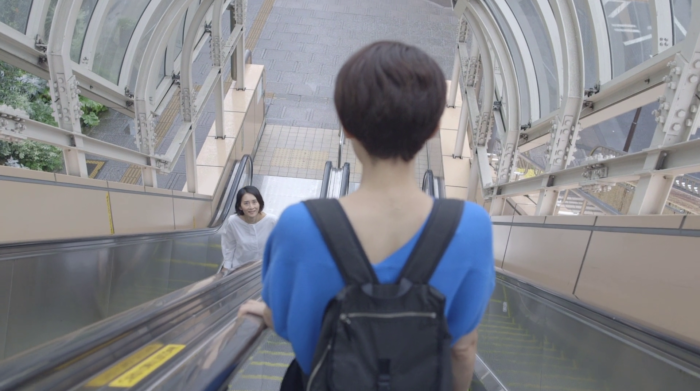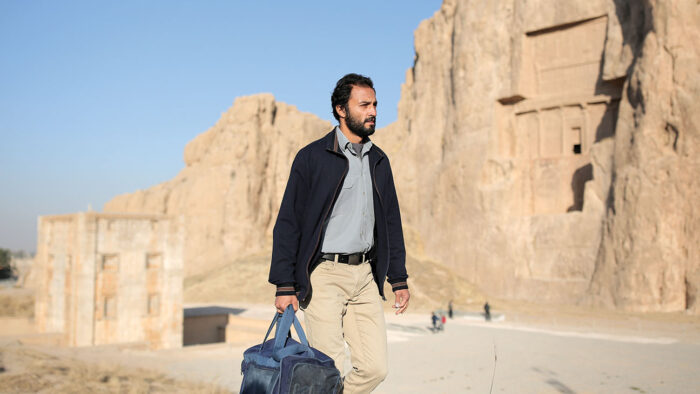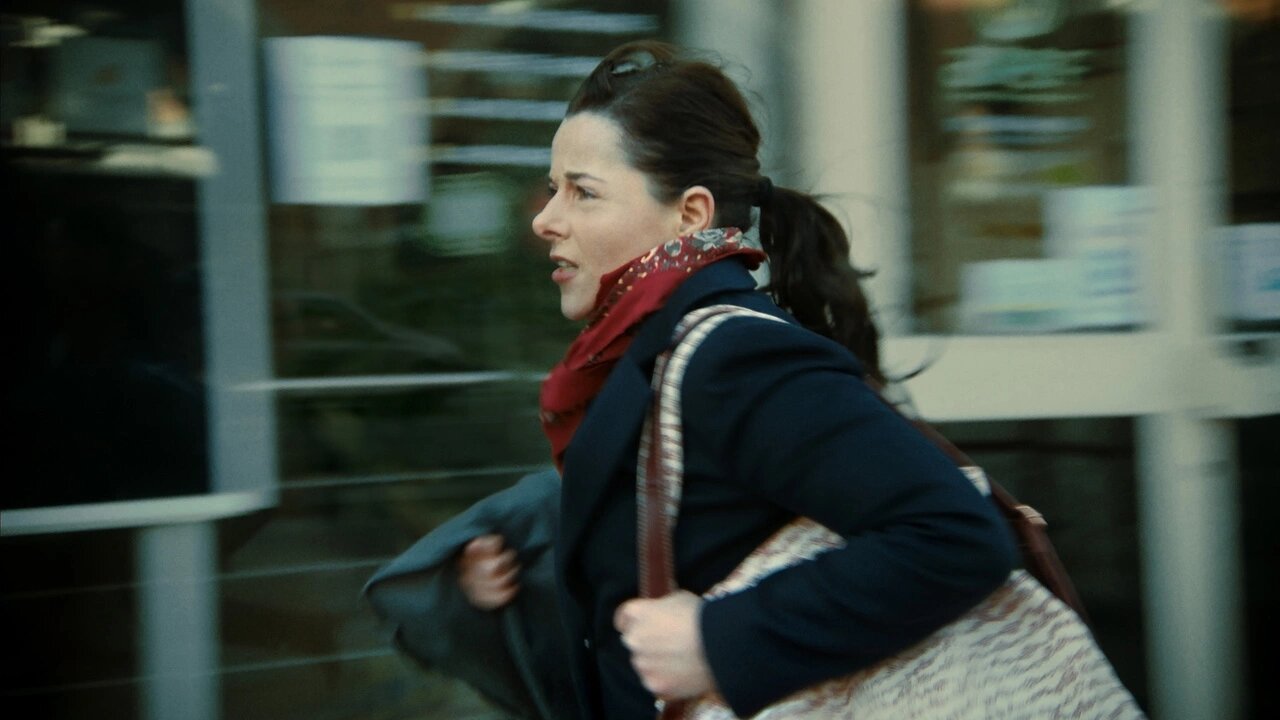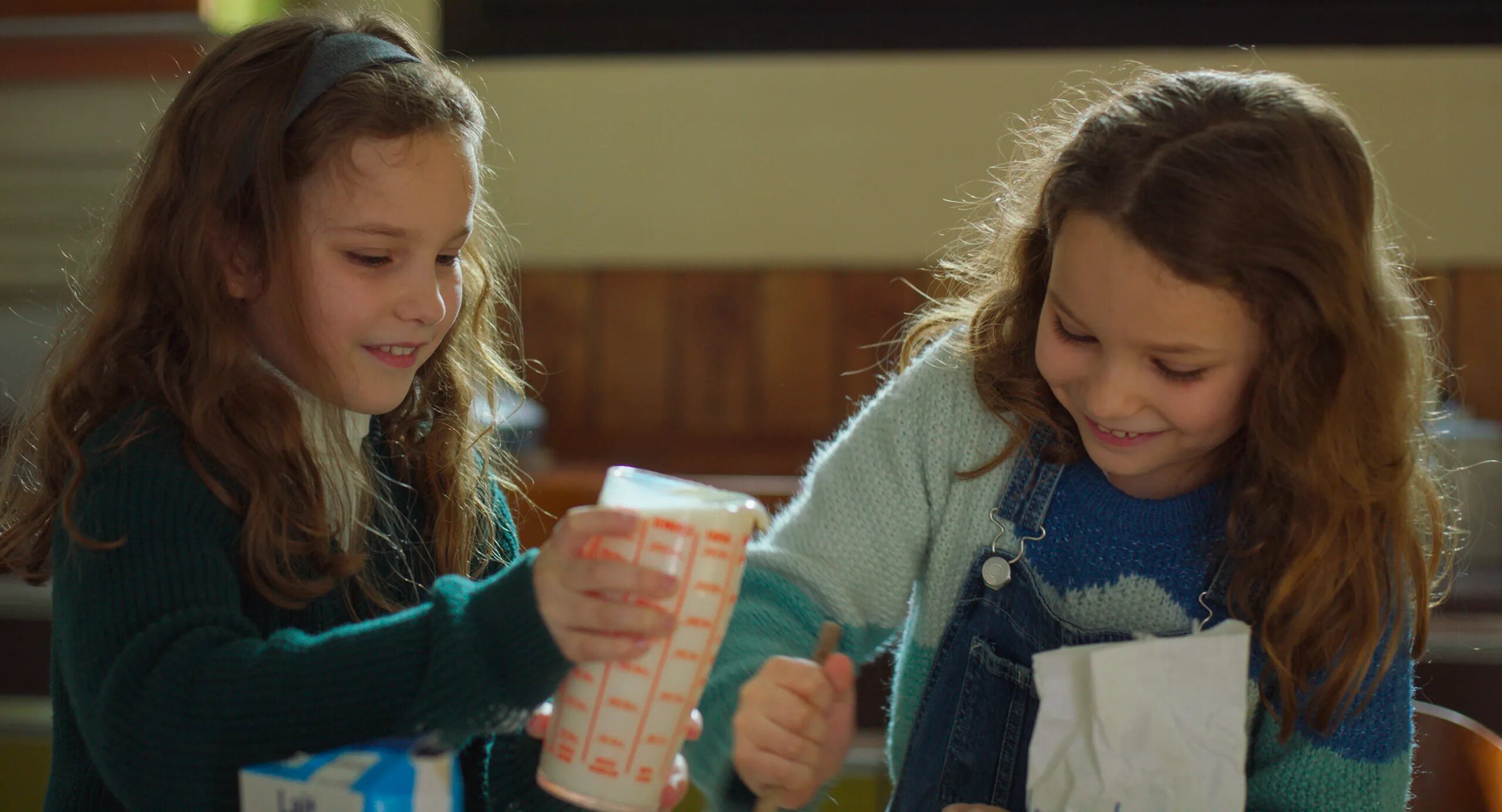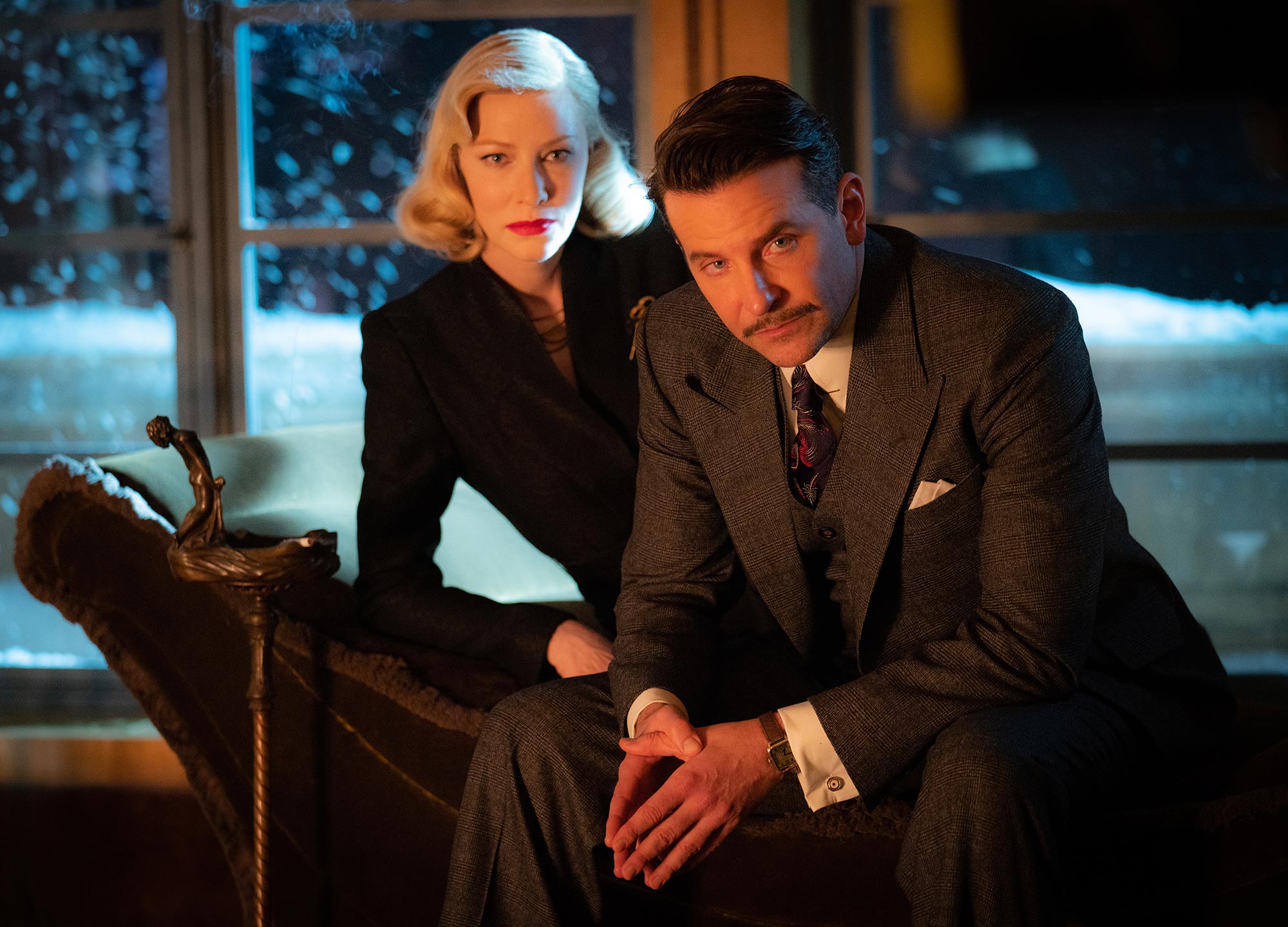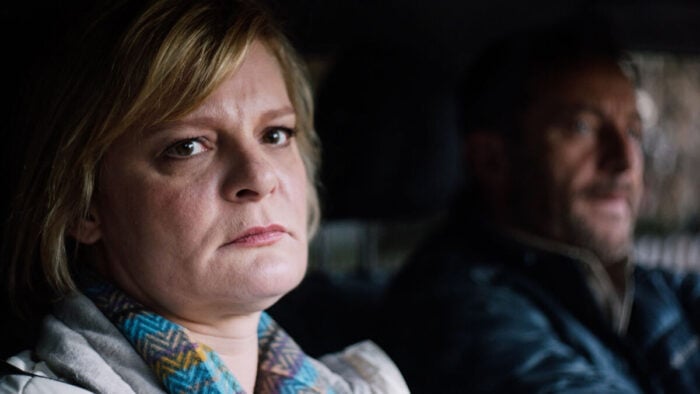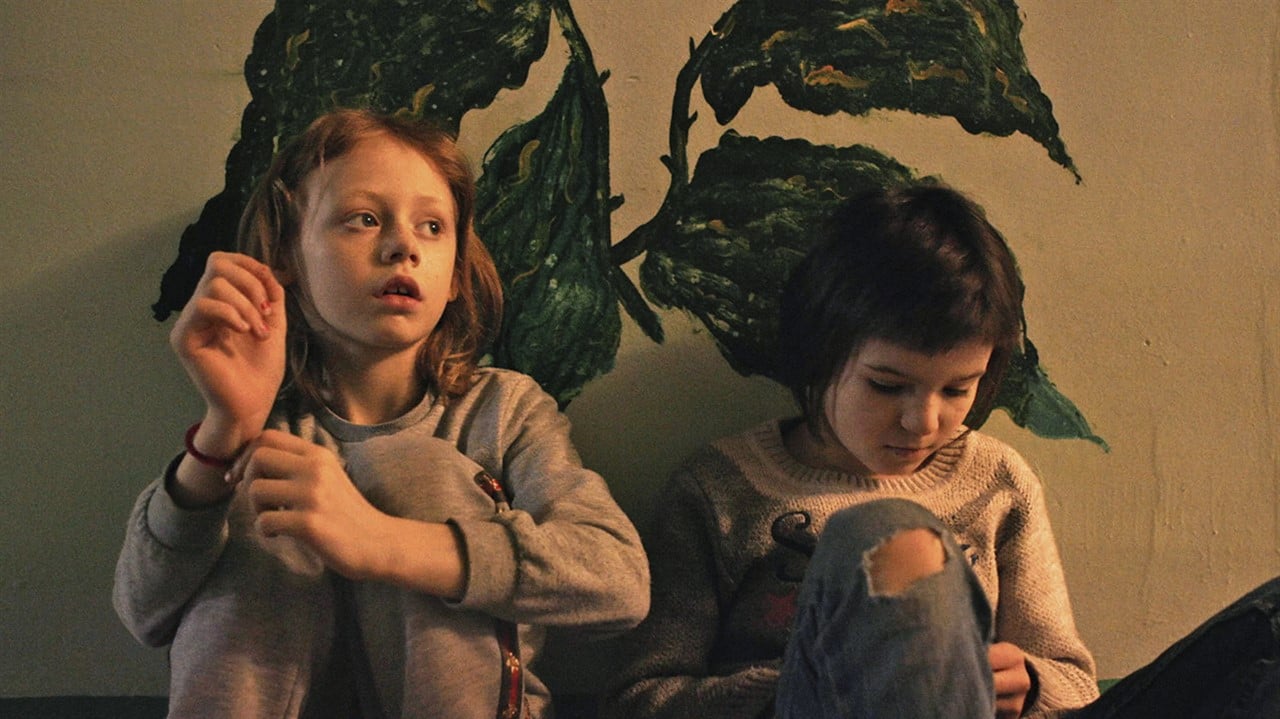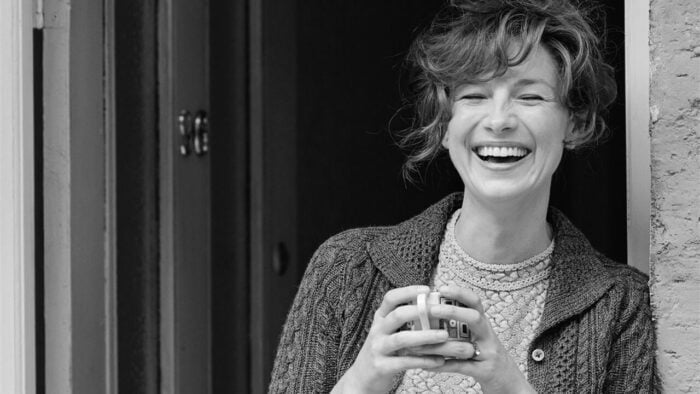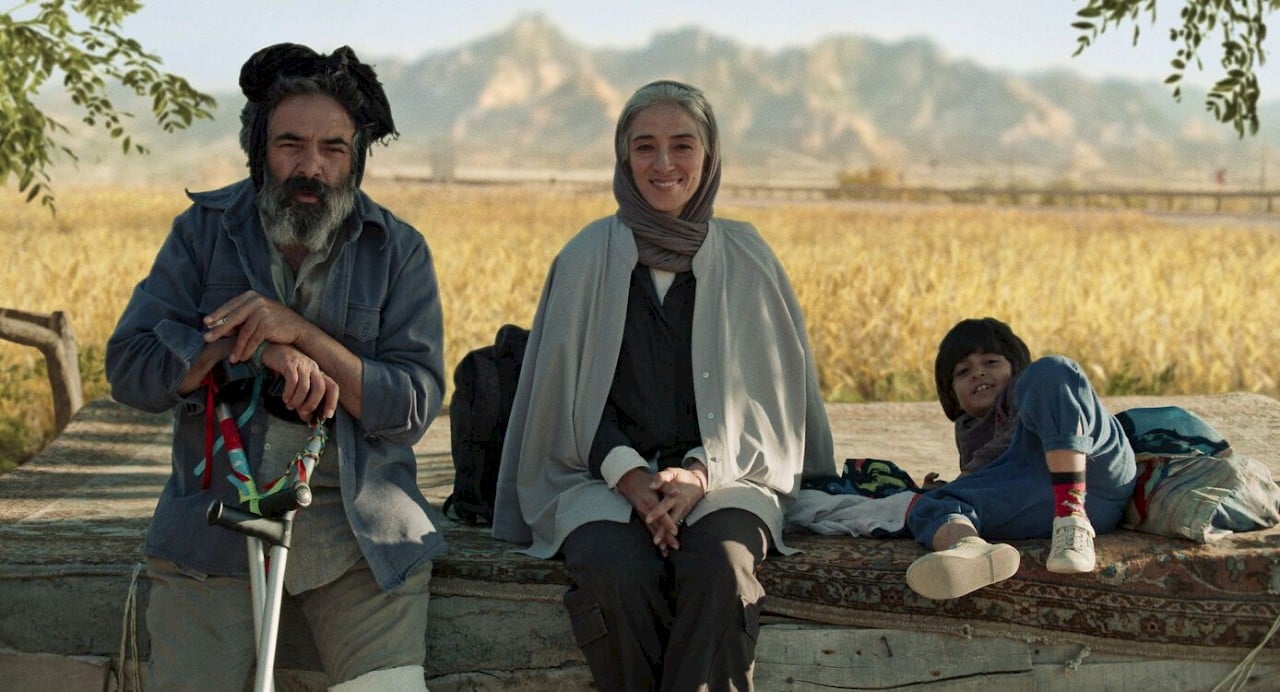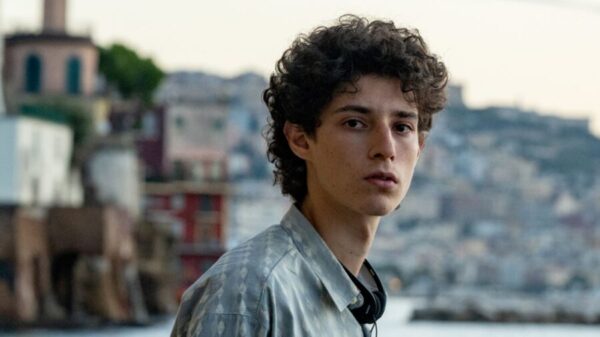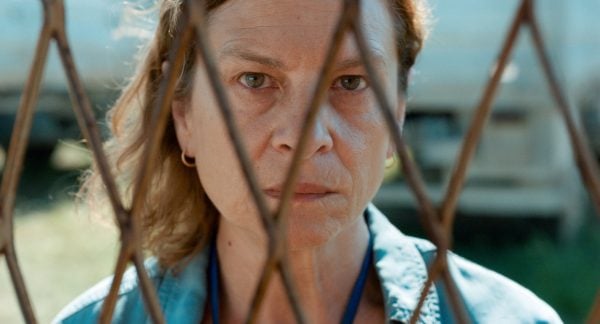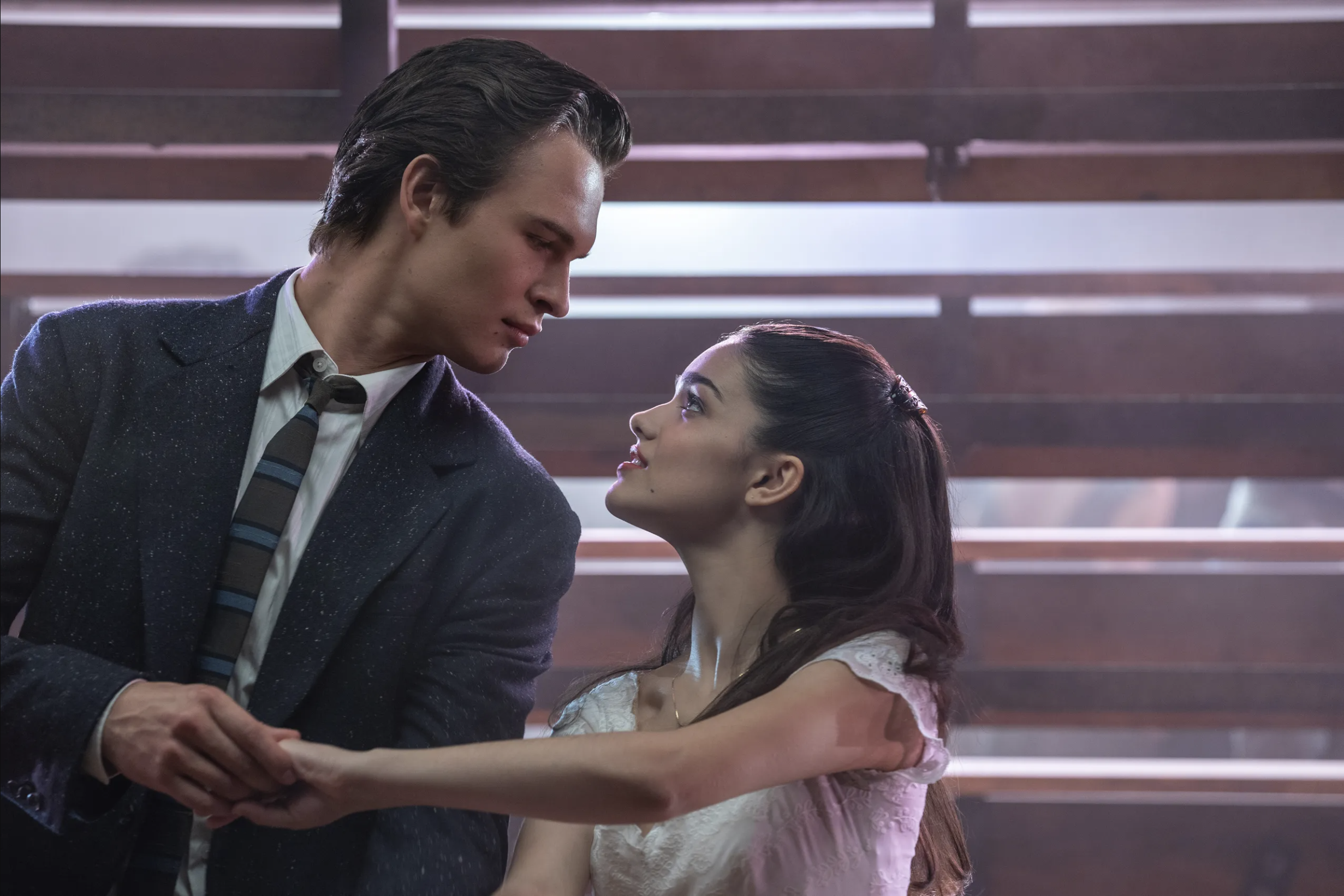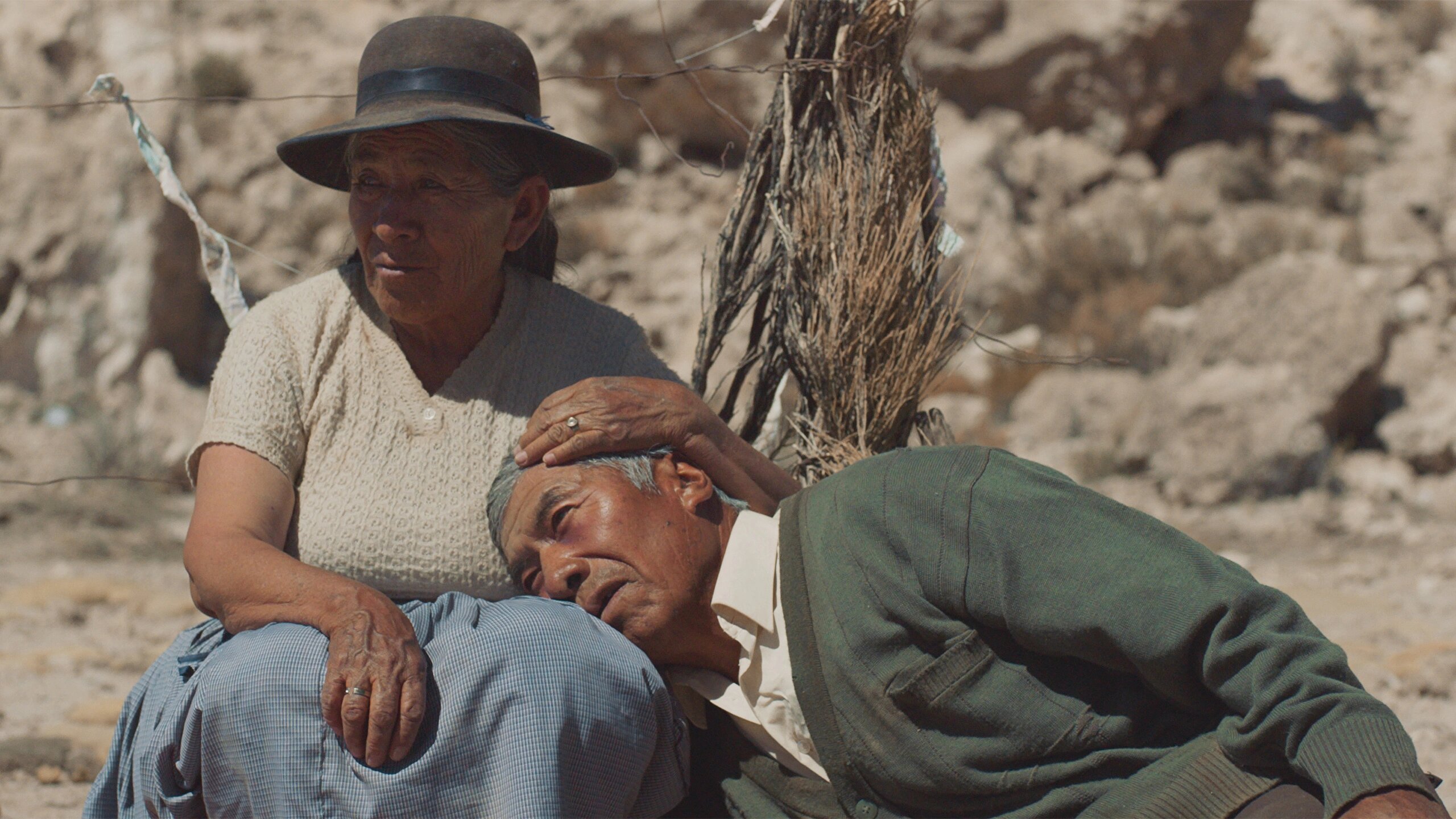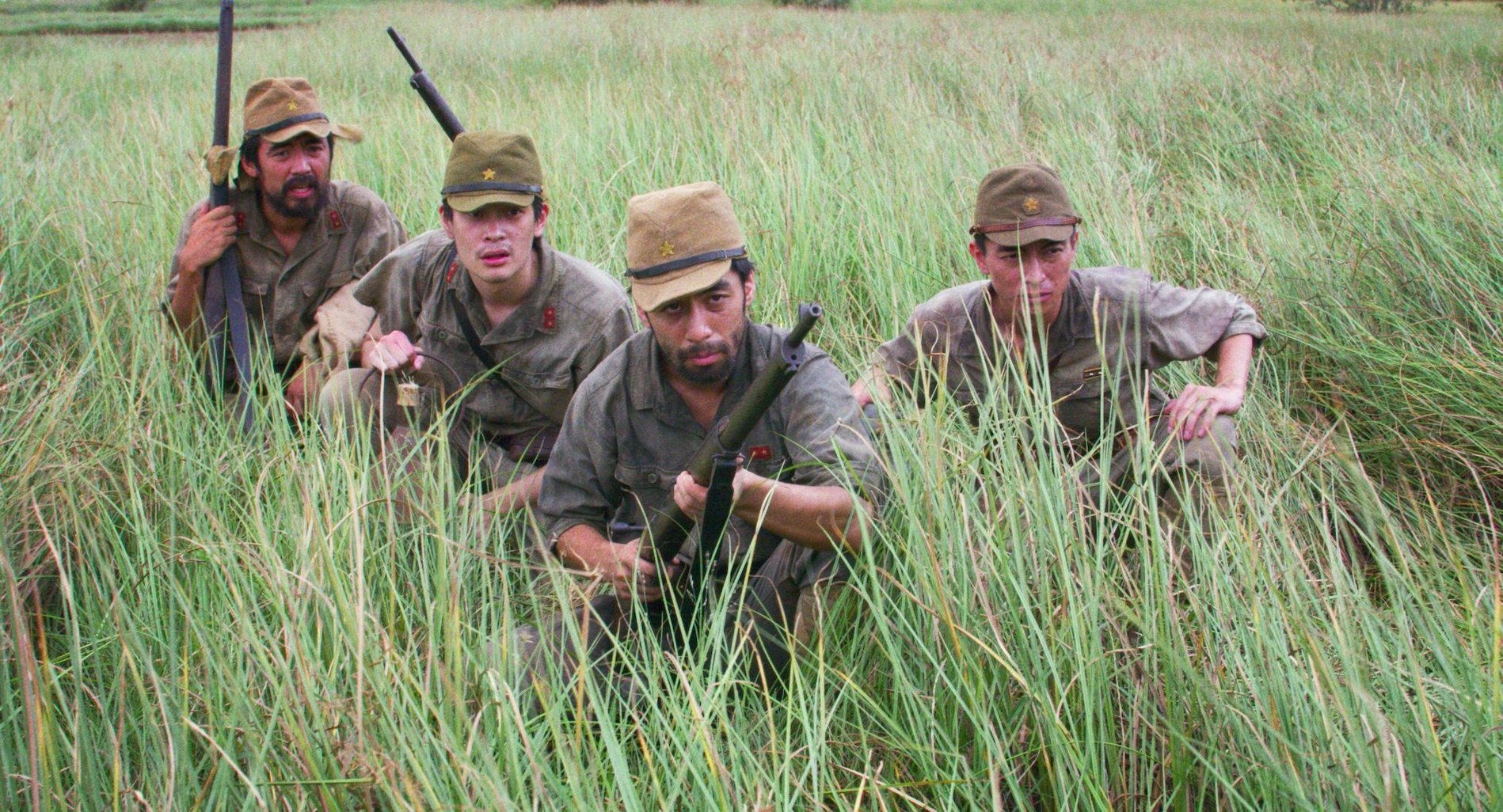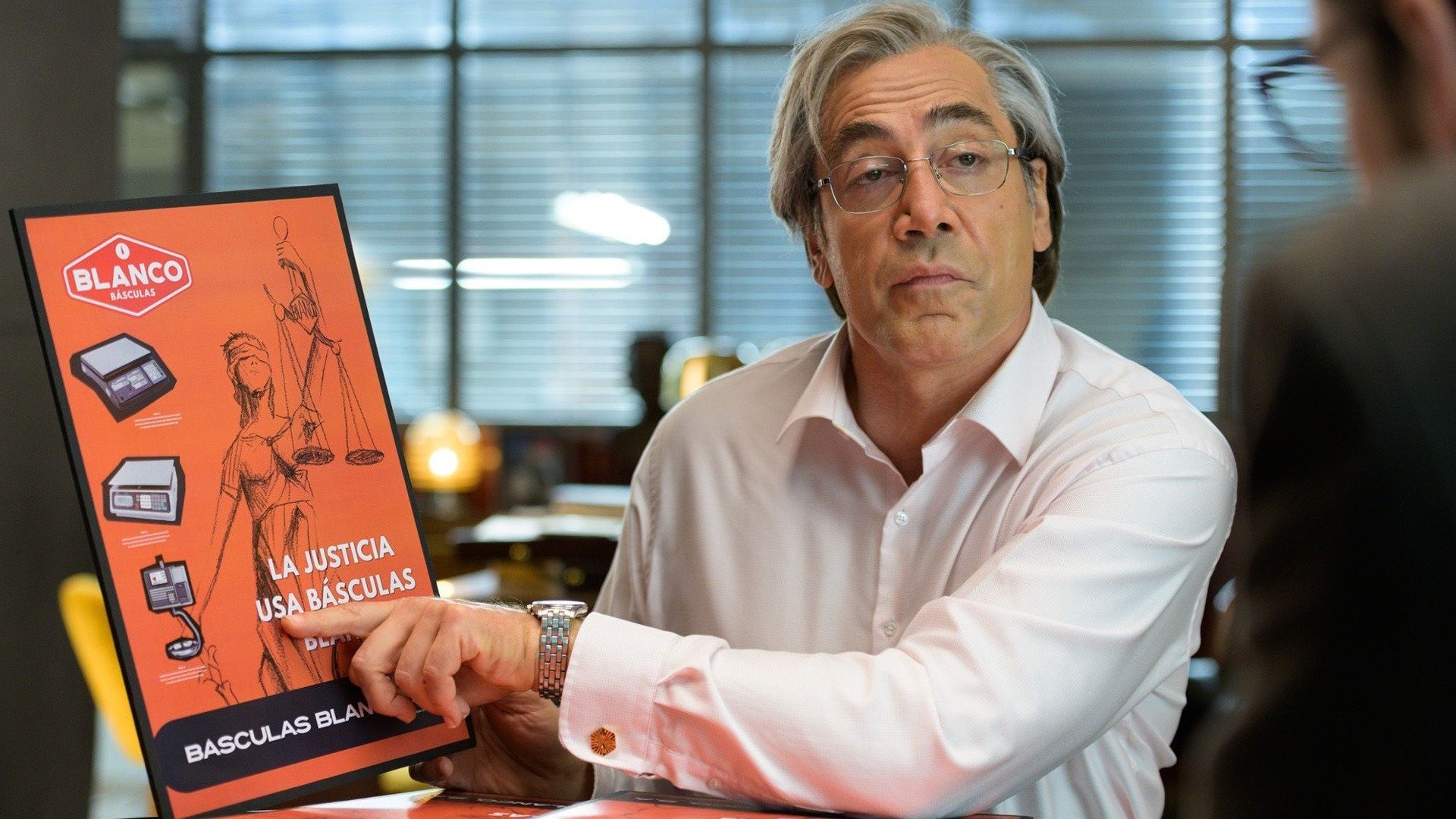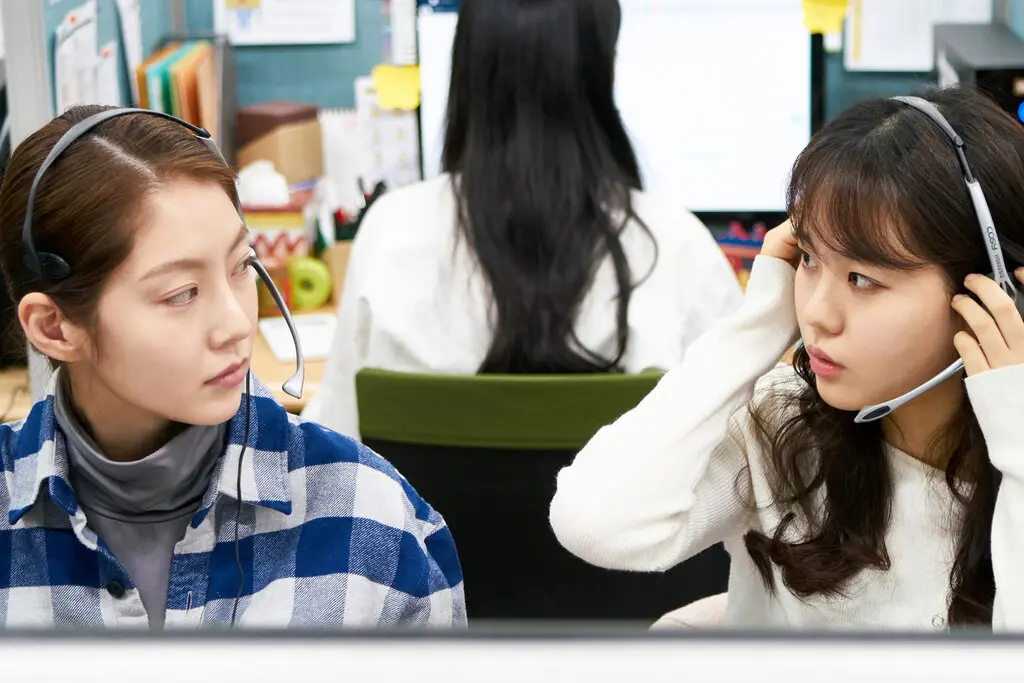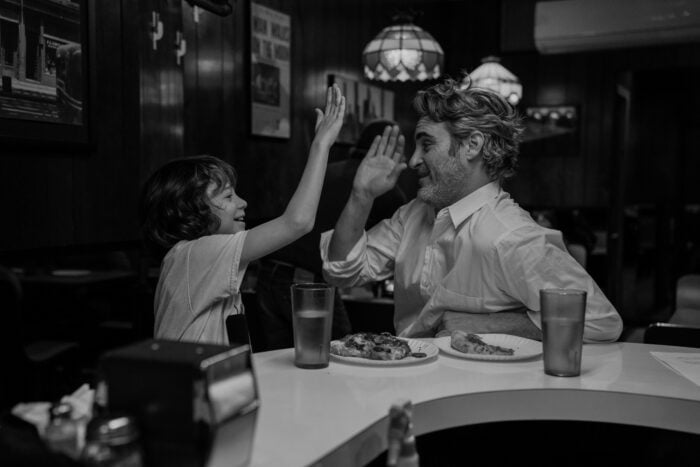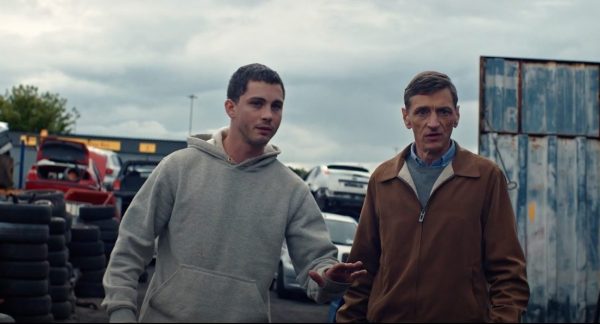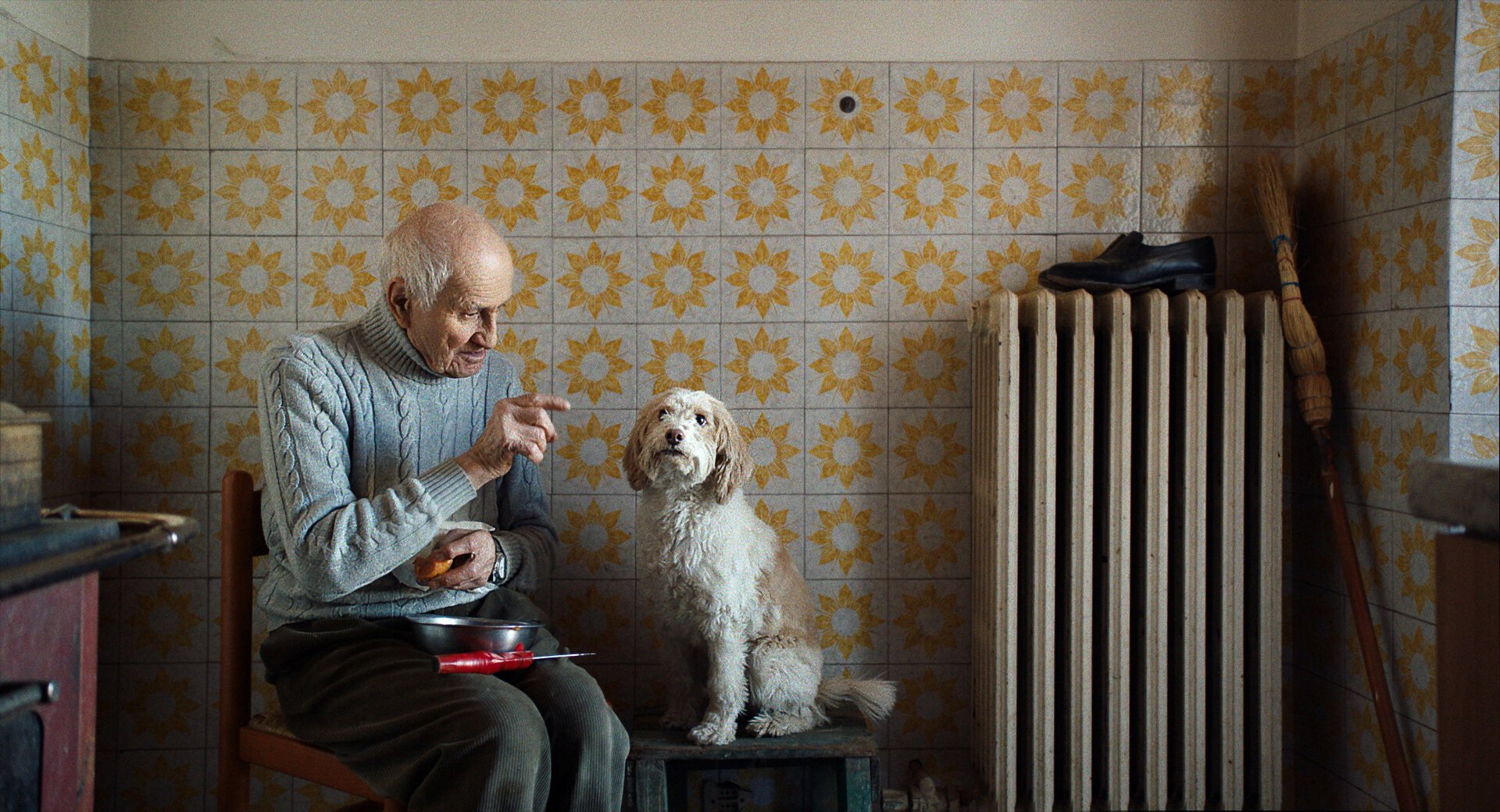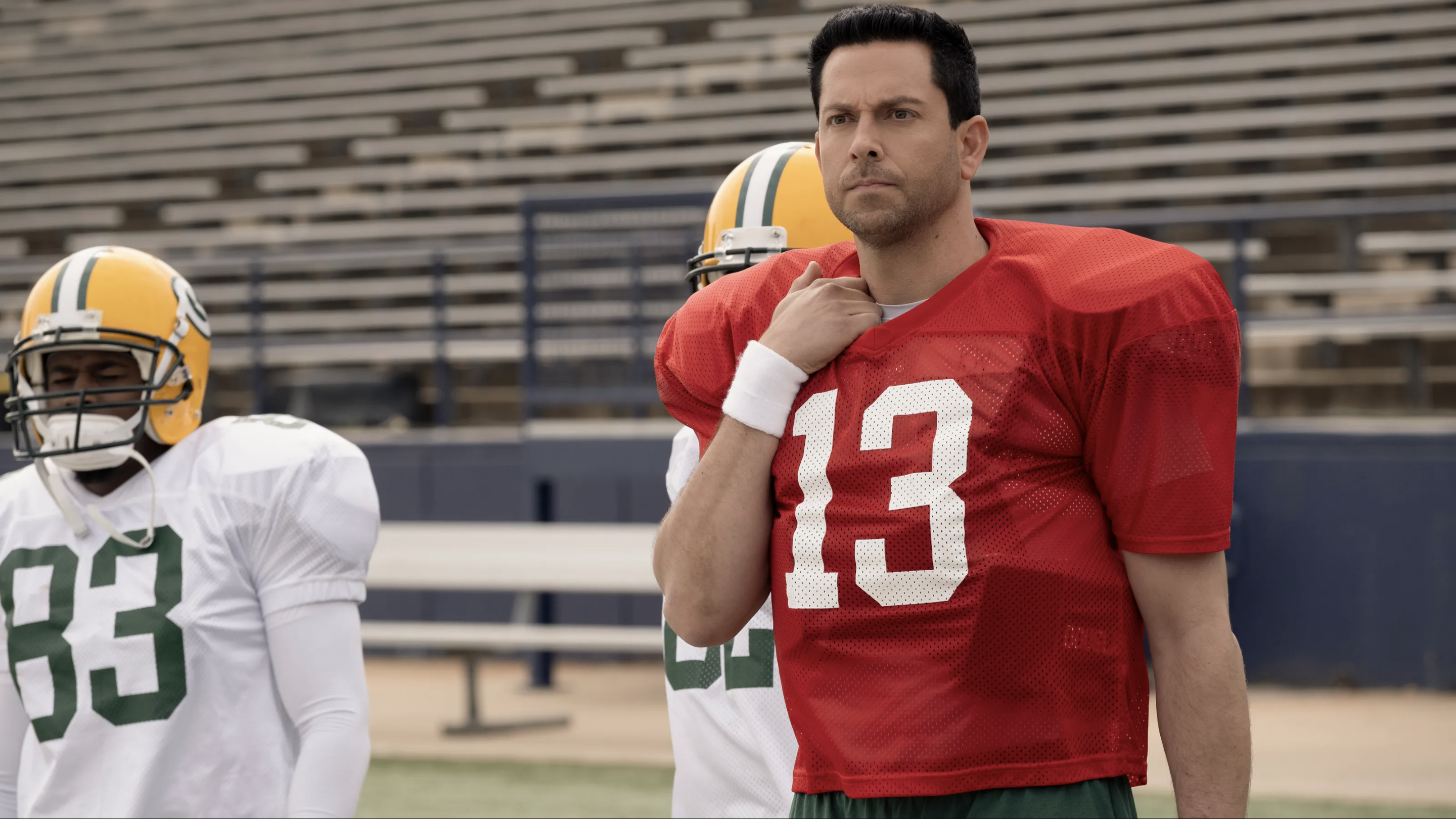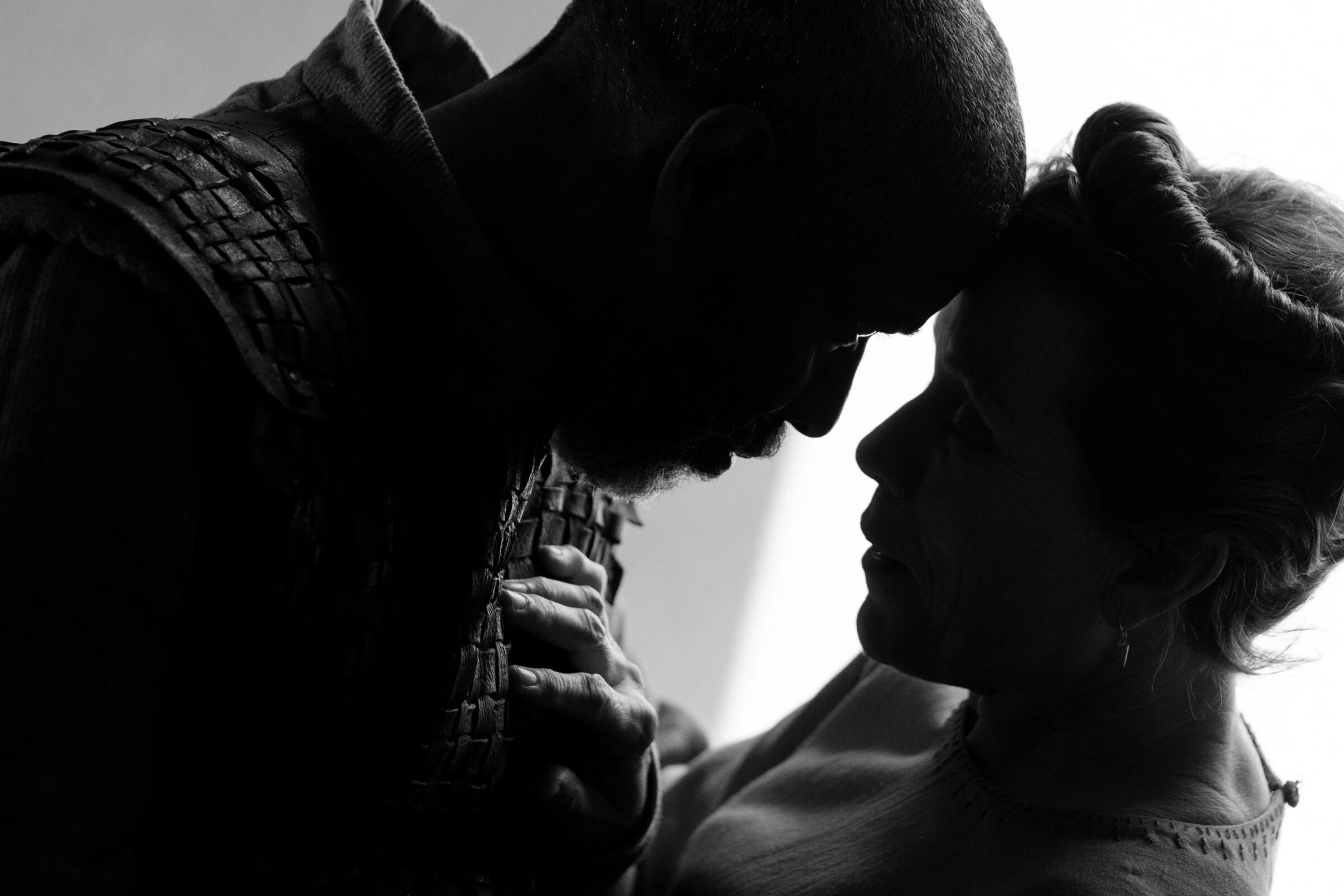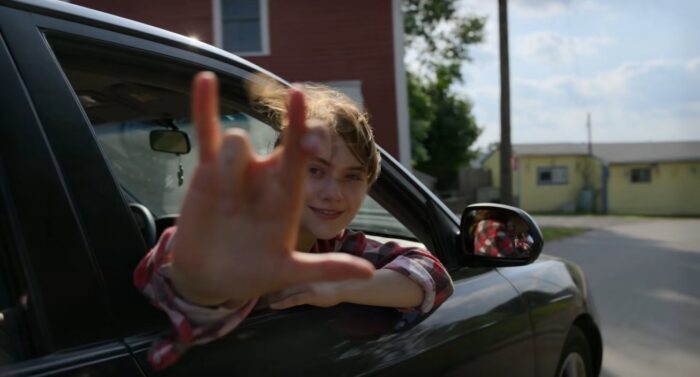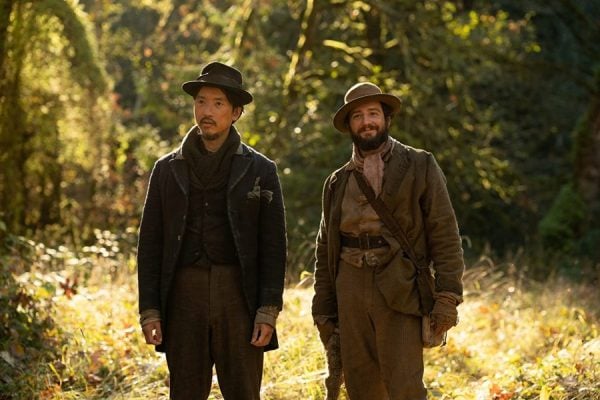Movies Like Drive My Car (2021)
The film opens with Julie in her early twenties, longing to pursue a career in medical school. But after briefly testing the waters, she switches over to psychology, only to drop completely out of school and transform her hobby of photography into a professional career. This indecisiveness carries over in most aspects of her life, […]
Poignant, delightful, and simply gorgeous, Licorice Pizza just might be Paul Thomas Anderson’s best work to date. The period dramedy follows two young people, one in her 20s and one in his teens, as they strike an unlikely but lovely friendship and try to find their place in the world. They may be 10 years […]
A young bisexual woman attends a shiva, caught between her parents and their expectations, her ex, and her sugar daddy. Rachel Sennott’s Danielle is yet to find her path in life and everyone is determined to remind her of that. Taking place almost entirely in real-time, the film’s sharp wit is contrasted with constant anxiety, […]
Summer of Soul would already be remarkable if it was just a collection of some of the greatest live performances ever put to film. Boasting a roster that includes Stevie Wonder, Nina Simone, Gladys Knight, and Sly and the Family Stone, the nearly-forgotten 1969 Harlem Cultural Festival featured in the documentary was an all-star catalog […]
When Amin sits down for a tell-all interview about his troubling past, his memories come to life in vivid animation. Sometimes they are sweet and intimate, like when he recounts his time as a playful boy in a much freer Afghanistan. But often, they’re marred by the unbelievable horrors of refugee life. Now a successful […]
As biopics go, Cassandro skews towards the conventional. It follows a template familiar to anyone who has seen a life-story movie about the underdog climbing up the ranks thanks to their unmatchable heart and talent. But it’s also a template that’s elevated by Bernal’s wonderful performance and Roger Ross Williams’ careful and naturalistic direction. Save […]
From Drive My Car director Ryusuke Hamaguchi comes another film featuring long drives, thoughtful talks, and unexpected twists. An anthology of three short stories, Wheel of Fortune and Fantasy ponders over ideas of love, fate, and the all-too-vexing question, “what if?” What if you didn’t run away from the one you love? What if you […]
Celebrated Iranian director Asghar Farhadi’s latest movie is about Rahim, a man who is in jail because he was unable to repay a debt. He gets a temporary release from prison, and with a big smile on his face, he leaves his confinement with a plan not to come back. His secret girlfriend hands him […]
Full Time is about the Herculean task that is getting through the day. For Julie Roy (the incredible Laure Calamy), that means keeping a job in the city as a single mother living in the suburbs. In this particular week, she has to attend to childcare, work a job below her skill set, apply for […]
Many films have tried to decipher the indecipherable bond between mothers and daughters. Lady Bird, Everything Everywhere All at Once, and Turning Red, to name a few, center on this particular relationship, which to outsiders may seem strange at best and dysfunctional at worst. How can mothers yell at their daughters one second and coddle […]
Wise, superbly acted, and gorgeously put together, all of these apply to Nightmare Alley. In a world where remakes are more in vogue than needed, Guillermo del Toro shows us how it’s done. A sumptuous tale of a man’s rise and fall guarantees some spectatorial pleasure, but having both Bradley Cooper and Cate Blanchett in […]
In the first few minutes of Mass, hushed tones, solemn movements, and awkwardly averted eyes hint at an unspoken tragedy that haunts everyone in the film. The four main characters discuss it during a sit-down, but even then it remains unspeakable; such is the dedication of first-time full-length director Fran Kranz in depicting the reality […]
Somewhere near the border between Russia and Ukraine lies a shelter for kids coming from unstable homes. Their parents, either alcoholics or abusers, have nine months to prove that they’re fit to look after their children; otherwise, the kids are sent straight to the orphanage, with no chance of a goodbye. A House Made of […]
The culture of propaganda and cover-ups that kicked off the pandemic is the subject of this compelling documentary by award-winning director Nanfu Wang (One Child Nation). Wang, who traveled with her family to China in January 2020, saw and filmed the pandemic firsthand, and wrote to major newspapers like The New York Times to convince […]
Belfast stars Outlander’s Caitríona Balfe as the mother of a working-class Northern Irish family during The Troubles. Religious tension and the lack of opportunities put the family in a difficult position: they’re the first in many generations to think about leaving the city of Belfast. They all have to navigate so many difficult questions on […]
A road trip movie with an unknown destination, Hit the Road plays with our expectations by avoiding any obvious questions we might have, and making us focus on the real important things. Informed by the censorship and persecution faced by critics of Iran’s government—including director Panah Panahi’s own filmmaker father, Jafar—the film places more focus […]
The Hand of God is the autobiographical movie from Paolo Sarrantino, the director of the 2013 masterpiece The Great Beauty. He recently also directed The Young Pope with Jude Law and Youth Paul Dano, both in English. He is back to his home Italy with this one. More precisely, he’s in his hometown Naples, in […]
A young woman’s coming-of-age threatens to topple the uneasy hierarchy of her family in this striking debut from Croatian director Antoneta Alamat Kusijanović. The trigger for Julija’s (Gracija Filipović) angsty rebellion is the arrival of her parents’ enigmatic wealthy friend, Javi (Cliff Curtis), whom her controlling father Ante (Leon Lučev) is hoping to squeeze a […]
This Oscar-nominated drama tells the story of the events leading up to the Srebrenica massacre, in which 8372 Bosnian Muslims were killed. It focuses on one U.N. worker who was caught between trying to protect her family, herself, and helping people in need. The film is as horrific as it is relevant: up until the […]
If Steven Spielberg had just decided to do a straightforward cover version of West Side Story, it still would have been a wonder of music, movement, and color. But more than the lush camerawork and impassioned performances from Rachel Zegler, Mike Faist, and Oscar winner Ariana DeBose, this adaptation is most memorable for its renewed […]
Before anything else, Utama will knock you off your feet with its breathtaking beauty. Set in the Bolivian highlands, it captures the arid landscape both in gorgeous wide shots and in unique detail. Then, after you take it all in and remember the vastness of the world and the smallness of humanity, the film ushers […]
Whether or not you’re familiar with director Pedro Almodóvar’s body of work, Parallel Mother stands as a gorgeous melodrama, a striking story about motherhood and our ties to the past. On one level, it’s a simple but engaging drama about a misunderstanding that ensues between two women. But on another, it’s a deep dive into […]
It’s an incredible story, but it’s one that only really deserves to be told a certain way, which director Arthur Harari gets right. Onoda’s one-man crusade to continue World War II is nothing short of delusional, and Harari spends most of the film following the soldier as his companions die one by one, worsening his […]
In this office comedy of errors, Javier Bardem plays Blanco, the titular boss, but whether he is actually good is what the movie wryly examines. As head of a small manufacturing company, Blanco treats his employees intimately, going so far as make their problems his own. He believes this is why his company is nominated […]
The emotional sterility of modern life comes under the microscope of this understated Korean drama in which a young woman who has built self-preserving walls around her lonely existence begins to wonder if the trade-off is worth it. Outside of the soul-sucking call center job at which Jina (Gong Seung-Yeon) excels, her interactions with others […]
Mike Mills has always had an obsession with childhood and parenthood, often honing in on the beautiful, frustrating, and inevitable mess that comes with them. C’mon C’mon is no exception, but here, Mills blurs the lines between the two even more. Sometimes the kid acts more like an adult, and the adult more like a […]
For kids and kids-at-heart who find Jim Henson’s technical mastery of puppets riveting, this documentary on the classic and still-contemporary Sesame Street provides a ton of behind-the-scenes footage that’s endlessly fun to watch. Street Gang rebuts any arguments that could be made about children’s TV being low-effort—showing just how much craft is needed in a […]
When Mikey Saber’s porn career takes a dip in California, he returns to an estranged wife in Texas, where he meets new and old friends alike and attempts to rebuild his life through a couple of odd jobs. Though Mikey eventually earns his keep, his vanity and eagerness to succeed at all costs threaten to […]
Logan Lerman (The Perks of Being a Wallflower) and John Hawkes (The Sessions) star in this easy road drama about a father who tries to rekindle with his son. After the mother passes away, they try to execute her dying wishes of spreading her ashes in her home country of Ireland. The son, Lerman’s character, […]
With truffle being so expensive, you would think that the world would eventually figure out how to get this tasty fungi in a more efficient way. Yet, the finicky nature of truffle eludes scientific research, improved cultivation, and strategic supply logistics, only allowing access to a select group of senior men and their very good […]
Even if it follows nearly every trick in the playbook, American Underdog positions itself on a big enough scale that makes it work like a charm anyway. Following the story of legendary undrafted NFL quarterback Kurt Warner (Zahcary Levi), the film elevates its familiar beats through stunning, wide-angle football sequences that make the sport feel […]
Narrated by the familiar voice of Jack Black, Apollo 10 ½ is a throwback story told with admirable specificity and imagination. Black plays a grown-up Stan, who looks back on his younger years with a mix of fondness and wonder: how did they get away with the things they did then? American suburbia in the […]
Joel Coen’s minimalist vision of the Scottish play emphasizes that these monstrous acts of hubris and violence are carried out not because of madness or magical prophecy, but out of the rational yet selfish decisions made by grown adults. It’s a distinctly character-focused interpretation of Shakespeare that should be insightful for students and fans alike, […]
CODA has all the trappings of a predictable, feel-good family drama. You’ll recognize immediately the talented teen, the family pulling her back, the cute love interest, the do-gooder mentor, and the swirl of coincidences that blend them all together in one sweet story. But CODA is so irresistibly heartfelt, well-acted, and vital (all the deaf […]
Two misfits, an immigrant and a traveling cook, team up to start an unlikely enterprise in this slow but captivating drama. The story, set in 19th century Pacific Northwest, evolves around the arrival of the first cow to that part of the world. This presents a unique opportunity that the two main characters try to […]
This Japanese animated film employs a gorgeous blend of CGI and traditional animation—as well as intricately orchestrated original songs—to present a plausible simulation of virtual reality where people are truly free to do anything. Belle might not be as careful with its characters and the difficult situations they’re put into “off-screen,” but this is still […]
























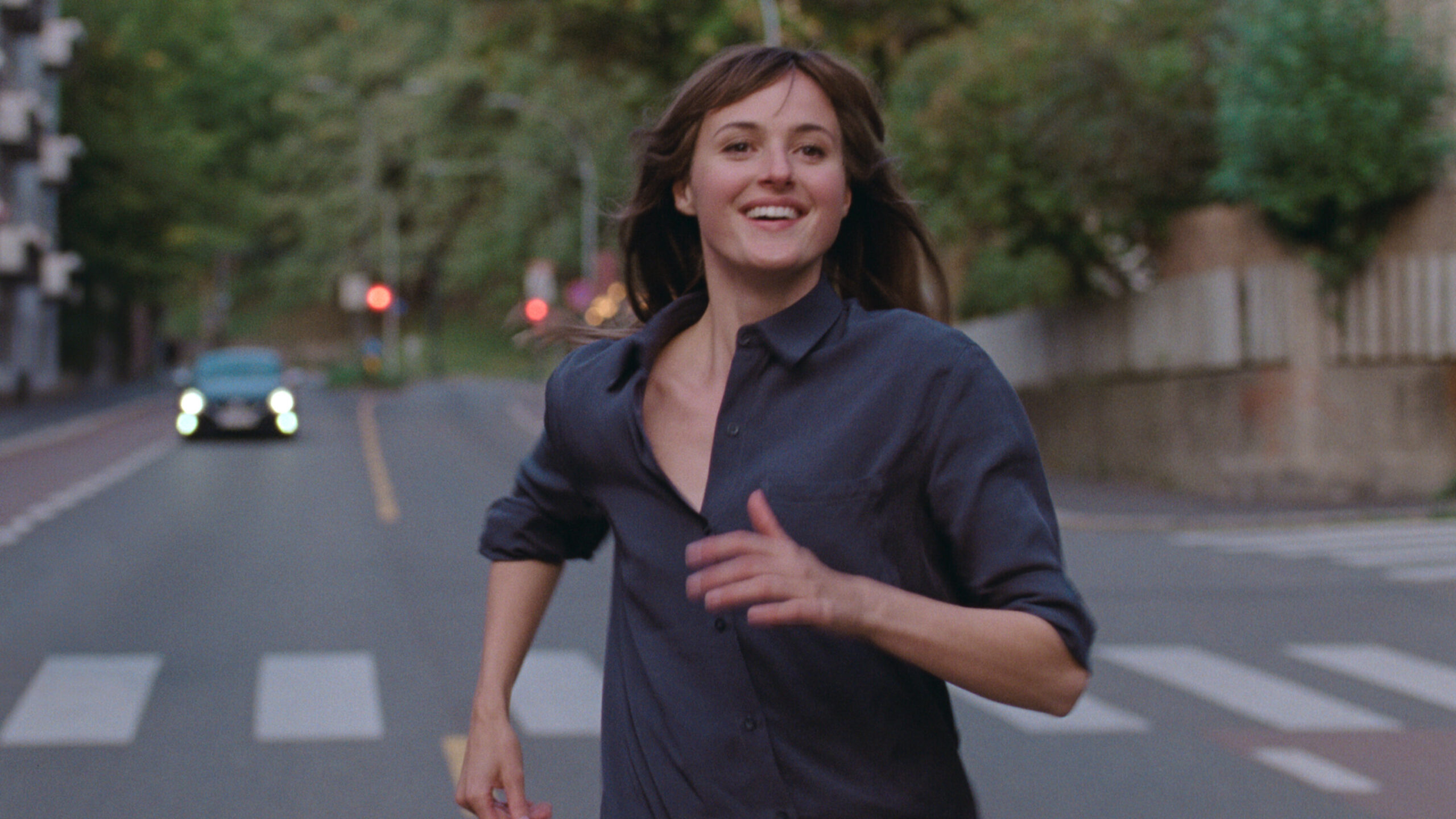
 x2
x2 x14
x14